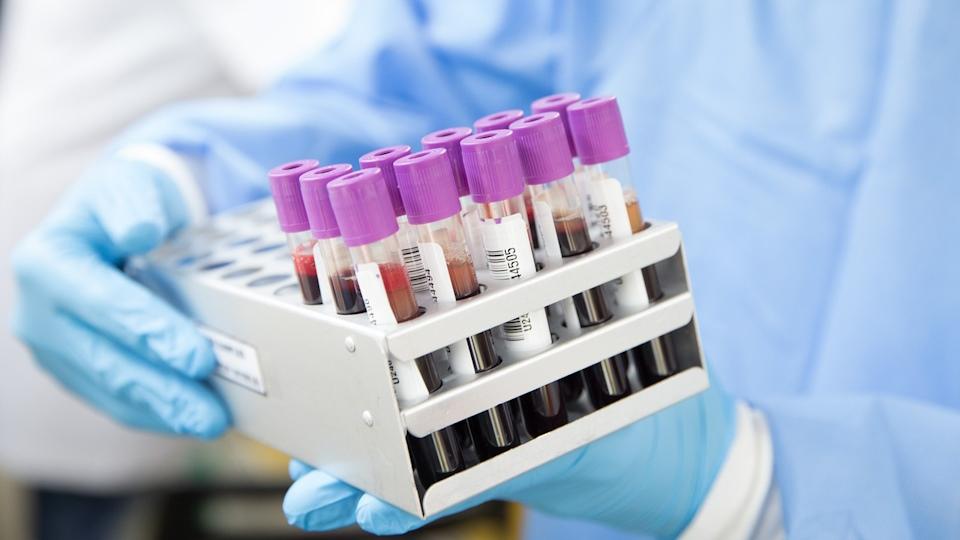UK trials will put dementia blood tests through their paces

Researchers in the UK will soon start trialling blood tests that promise to diagnose dementia at clinics across the country in the hope of having them in routine NHS use within five years.
Two teams from University College London and the University of Oxford are spearheading a pair of studies that will recruit around 5,000 volunteers at more than 50 memory clinics in the UK.
It is being funded by the Blood Biomarker Challenge, a project launched last year by the Alzheimer’s Society, Alzheimer’s Research UK, the National Institute of Health and Care Research (NIHCR), and Gates Ventures.
Only two out of three people with dementia in the UK ever receive a formal diagnosis, and the current gold standard diagnostic tests – lumbar punctures to sample cerebrospinal fluid (CSF) and PET scans – are costly and invasive.
Timely and accurate diagnosis of conditions that cause dementia, such as Alzheimer’s disease, is crucial as patients can access care and support more quickly, take part in medical research, and – potentially at least – get access to new therapies like Eisai and Biogen’s Leqembi (lecanemab), which is currently under regulatory review in the UK.
Various groups around the world are working on blood tests for Alzheimer’s, generally looking for traces in the blood of proteins like amyloid and tau, which aggregate in the brains of people with Alzheimer’s and are a hallmark of the disease.
The two new trials will use a ‘real-world’ design to get a handle on how various blood tests work in clinical settings.
The READ-OUT study led by Oxford researcher Dr Vanessa Raymont will investigate tests for a range of types of dementia – including Alzheimer’s, vascular dementia, frontotemporal dementia (FTD), and dementia with Lewy bodies – to see whether they can help detect these diseases at various stages.
The ADAPT trial led by UCL’s Professor Jonathan Schott and Dr Ashvini Keshavan is zeroing in on what they believe is the most promising test for Alzheimer’s, which measures levels of a form of phosphorylated tau known as pTau217.
Earlier this year, a pTau217 assay developed by ALZpath was found to be 96% accurate in identifying elevated levels of amyloid and up to 97% accurate in correctly identifying high levels of tau when compared with CSF testing. The UCL team will see whether levels can be used to predict Alzheimer’s in patients with early signs of dementia and mild, progressive memory loss.
According to Alzheimer’s Research UK, this dual approach will boost the chances of providing the evidence needed to allow the blood tests to be validated for use in the NHS.
“We’ve seen the enormous potential that blood tests are showing for improving the diagnostic process for people and their loved ones in other disease areas,” said Dr Sheona Scales, director of research at the charity.
“Now we need to see this same step-change in dementia, which is the greatest health challenge facing the UK,” she added. “It’s fantastic that, through collaborating with the leading experts in the dementia community, we can look to bring cutting-edge blood tests for diagnosing dementia within the NHS.”
People who are interested in volunteering for the studies can get more information here.
Image by Ahmad Ardity from Pixabay












